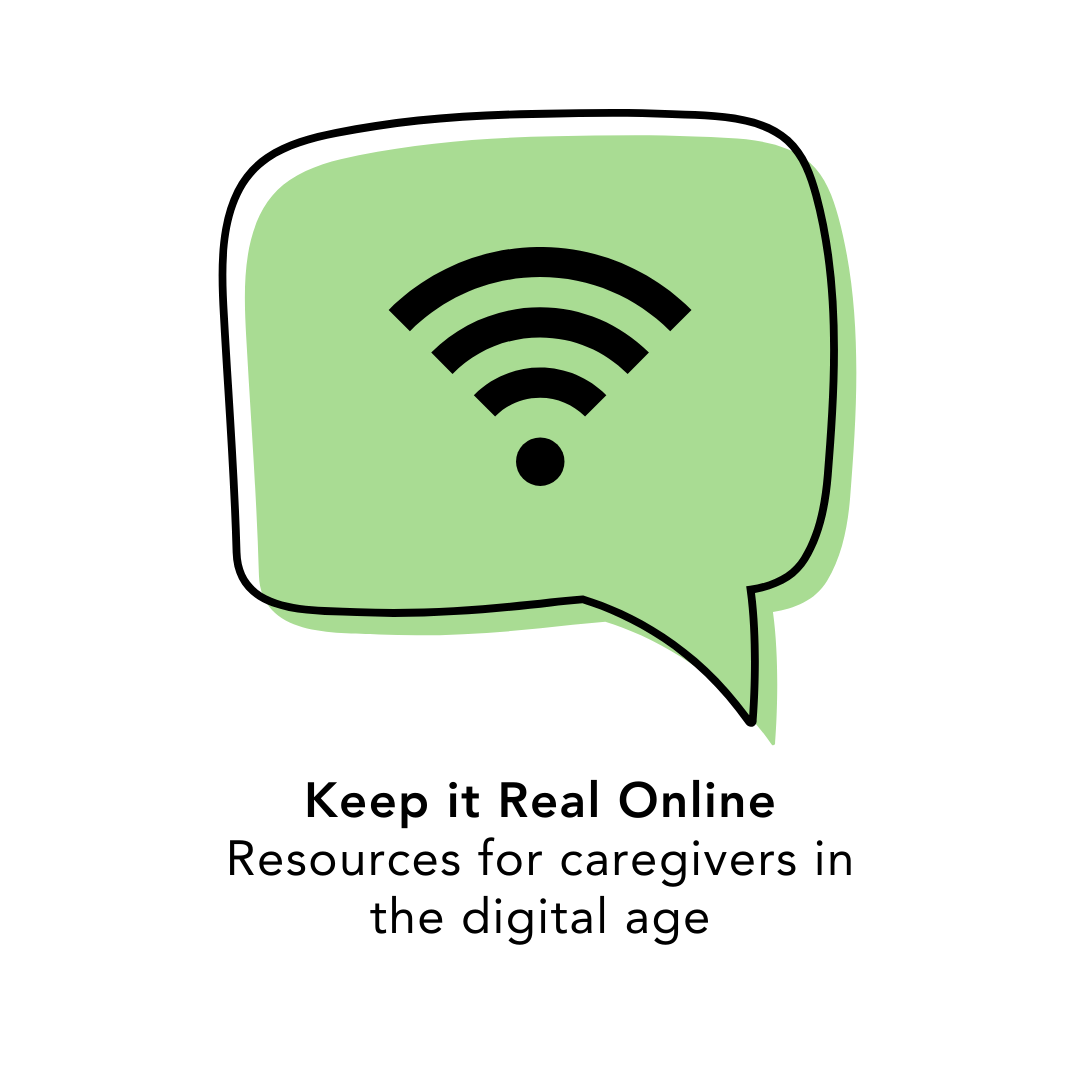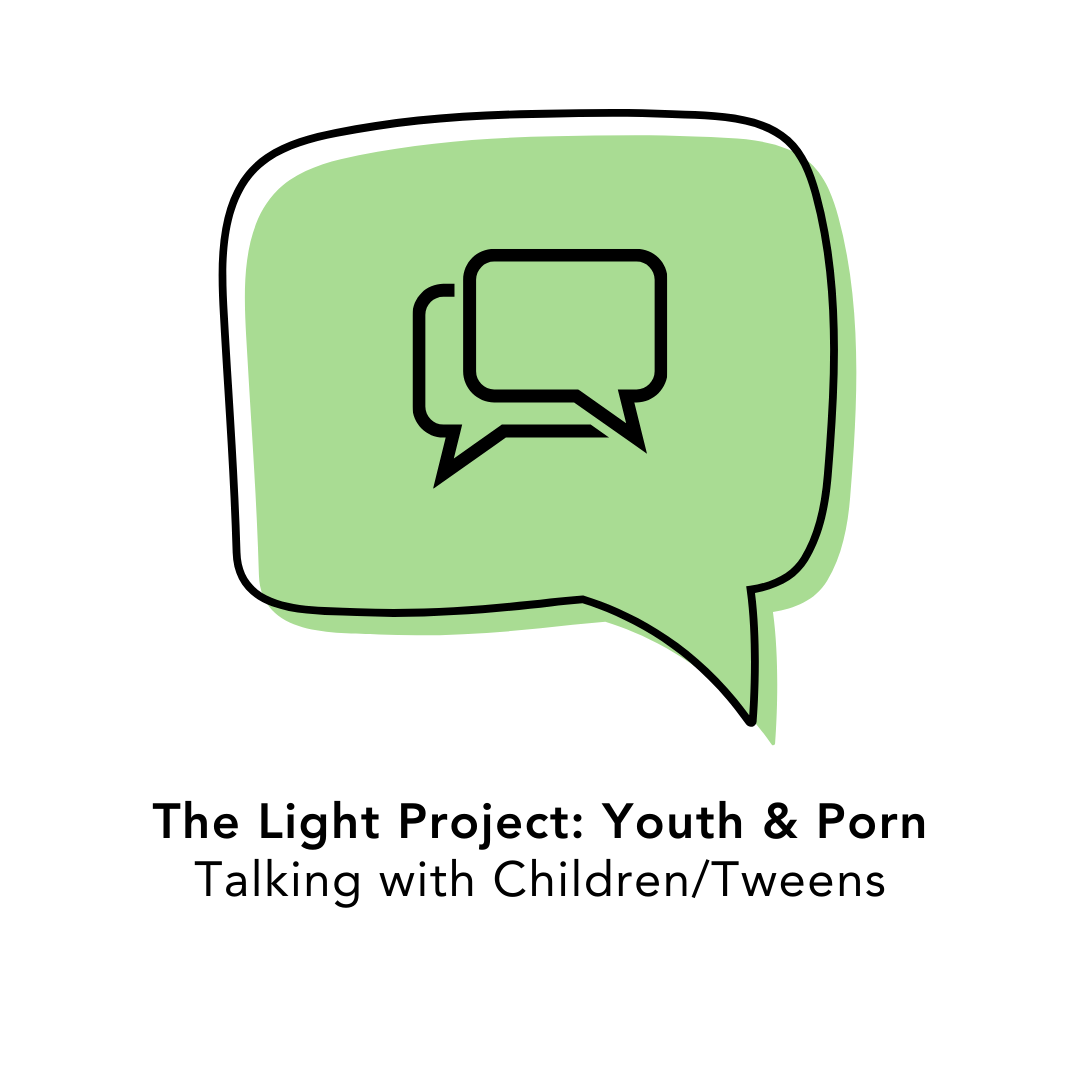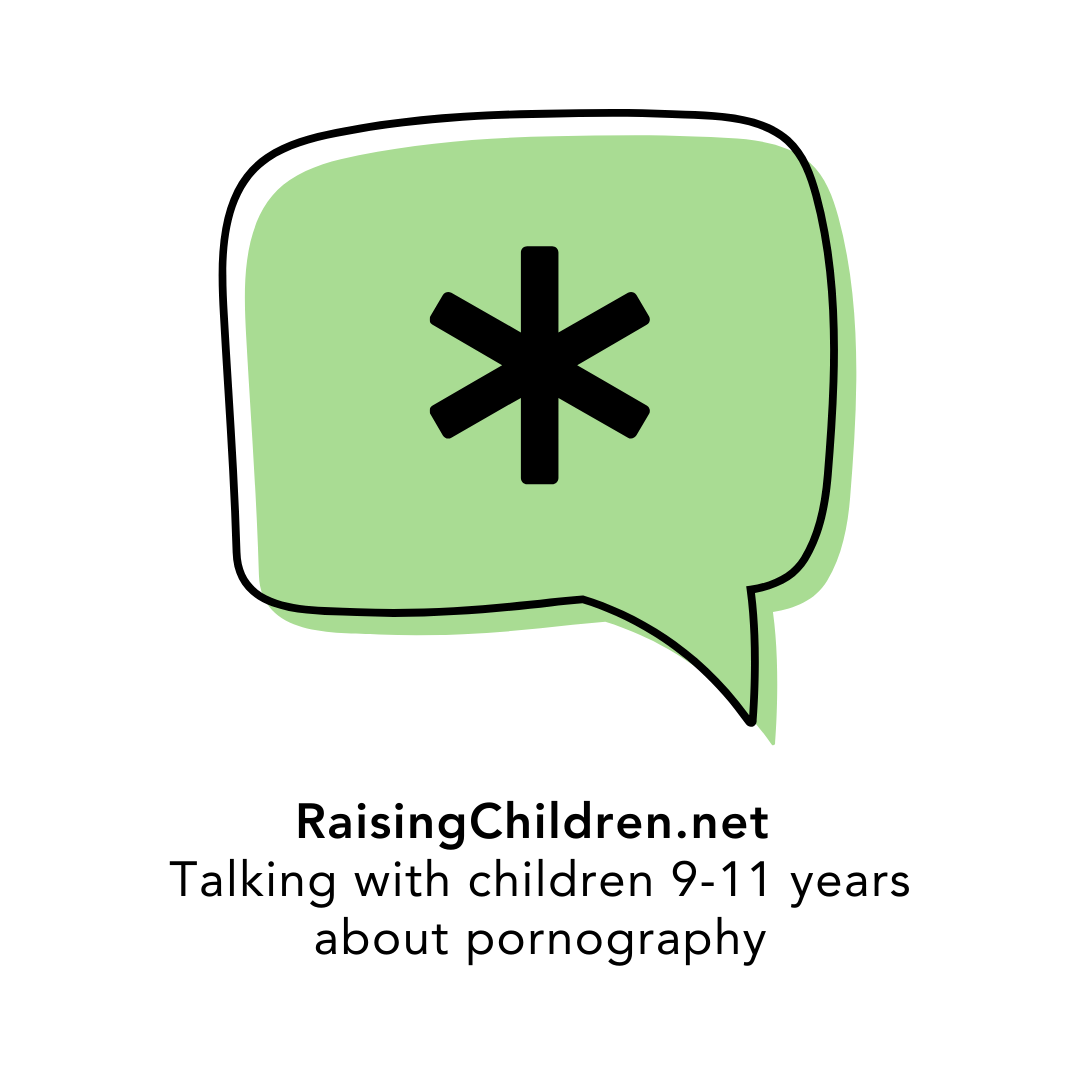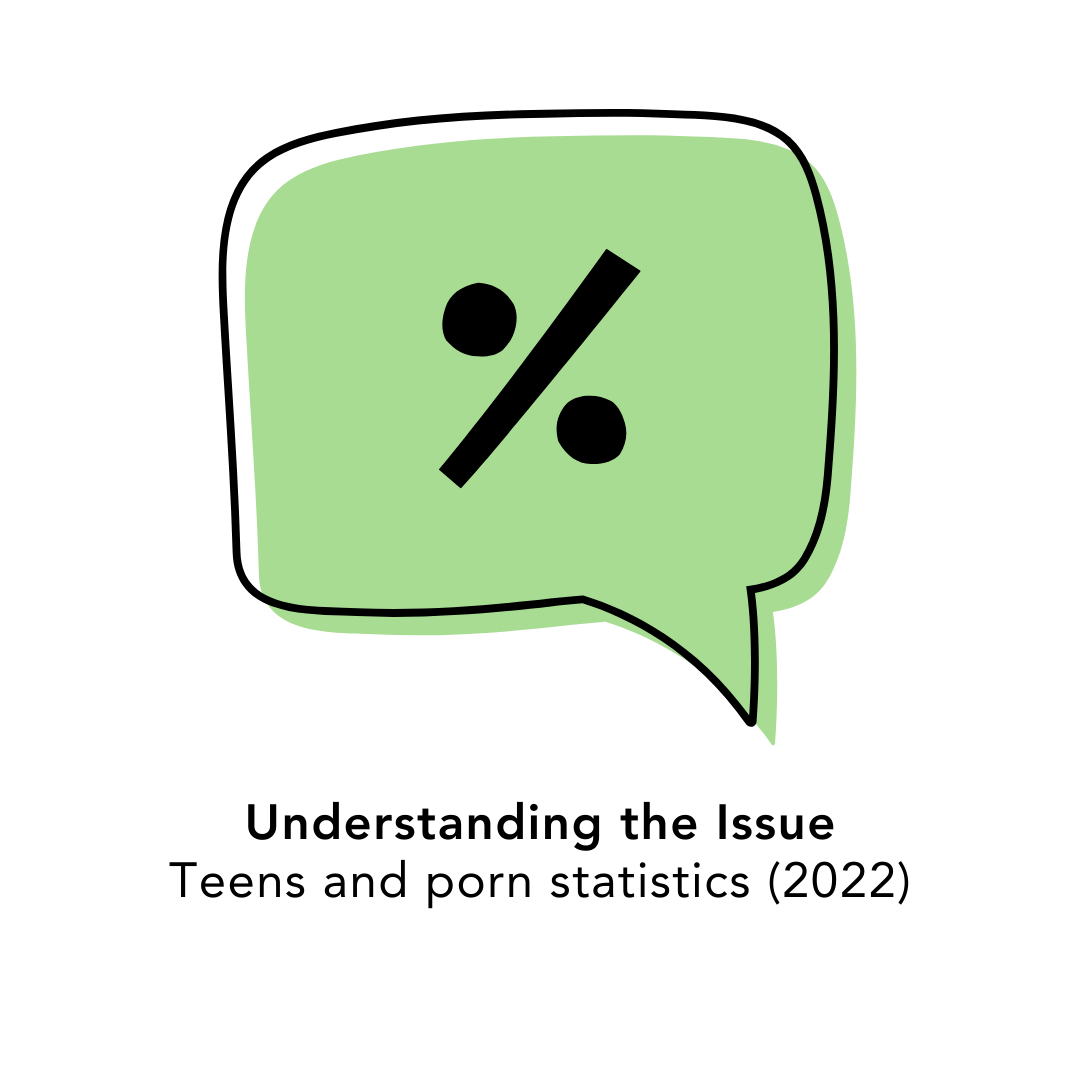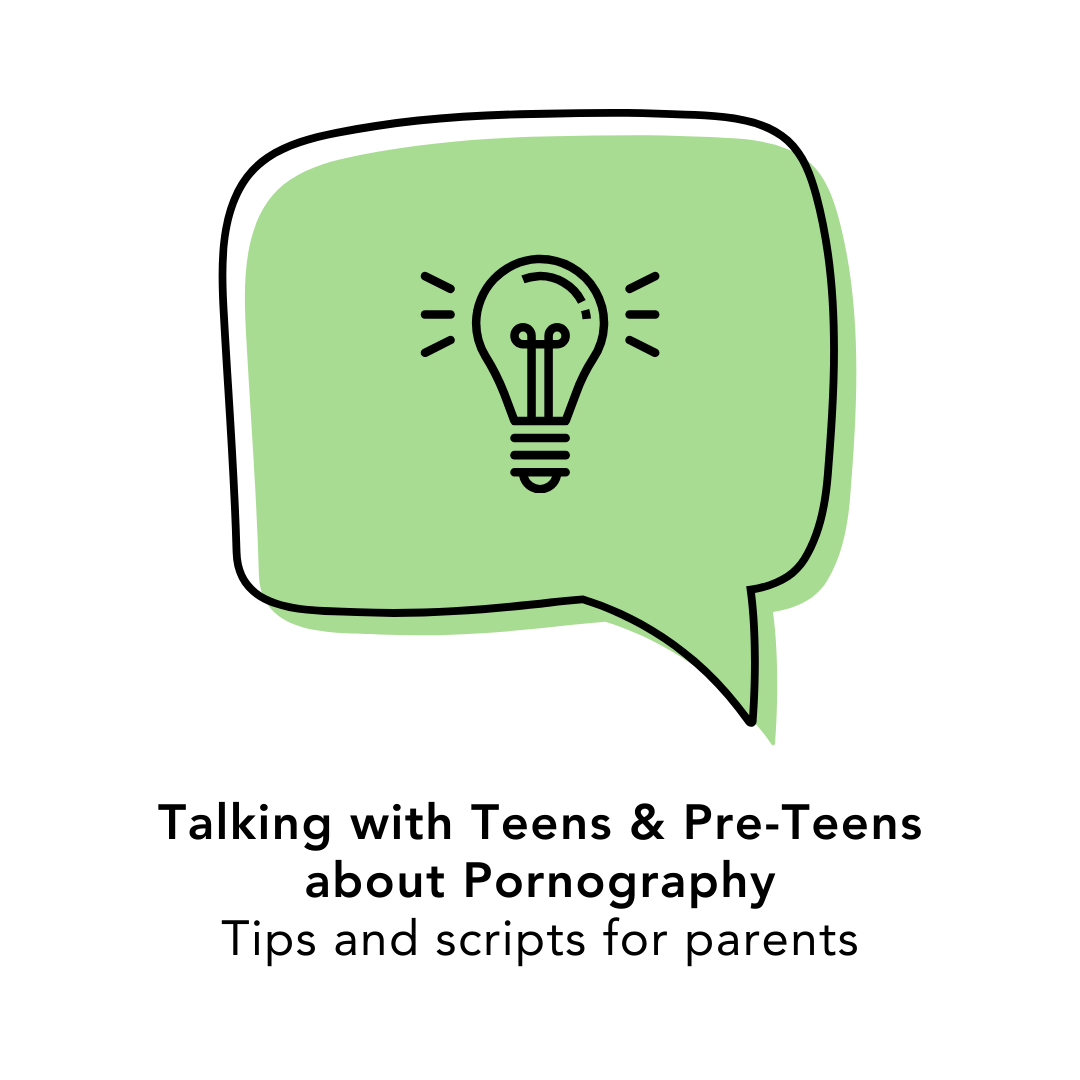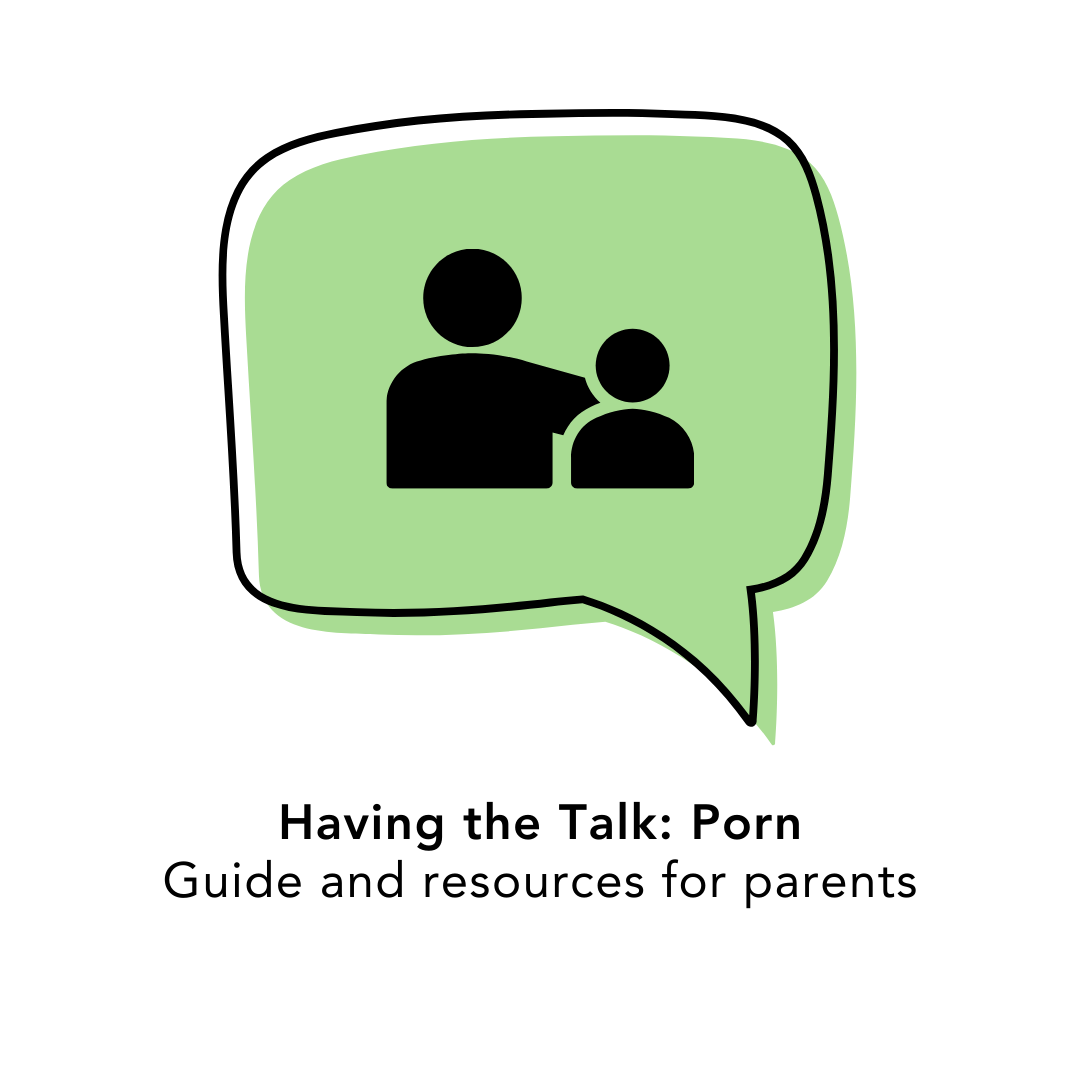How does pornography affect children, teenagers and young people?
When talking to your kids about sexuality and relationships, it’s crucial to recognize the troubling messages found in online pornography. Much of this content ignores the importance of consent and safe sex, normalizes violence, and accepts aggressive behavior towards women. It also portrays unhealthy power dynamics in relationships. Being aware of these issues can help you have open conversations with your children about building healthy, respectful connections.
How do I talk to my child?
Pause. It’s natural to feel concerned about your child or teen encountering porn, but try not to stress. Most young people come across it for various reasons—curiosity, learning, fun, peer pressure, or even accidentally. Watching porn has become a common part of growing up and doesn’t mean your child is ‘bad.’ Open conversations can help them make good choices.
Learn. Understanding the messages that young people receive from porn and its impact on forming healthy relationships can help you feel more confident in discussing the topic.
Connect. To help young people build healthy relationships and a positive future sex life, it's essential they feel safe and free to share their thoughts without fear of judgment. Start conversations with curiosity by asking open-ended questions that encourage discussion, like "What do you think about porn?" or "How do your friends view it?" Listen with empathy.
Resources
Sources:
- Pornography: talking with children 9-11 years. (2023, April 11). Raising Children Network.
- Whānau | The Light Project. (2024, March 28). The Light Project.
